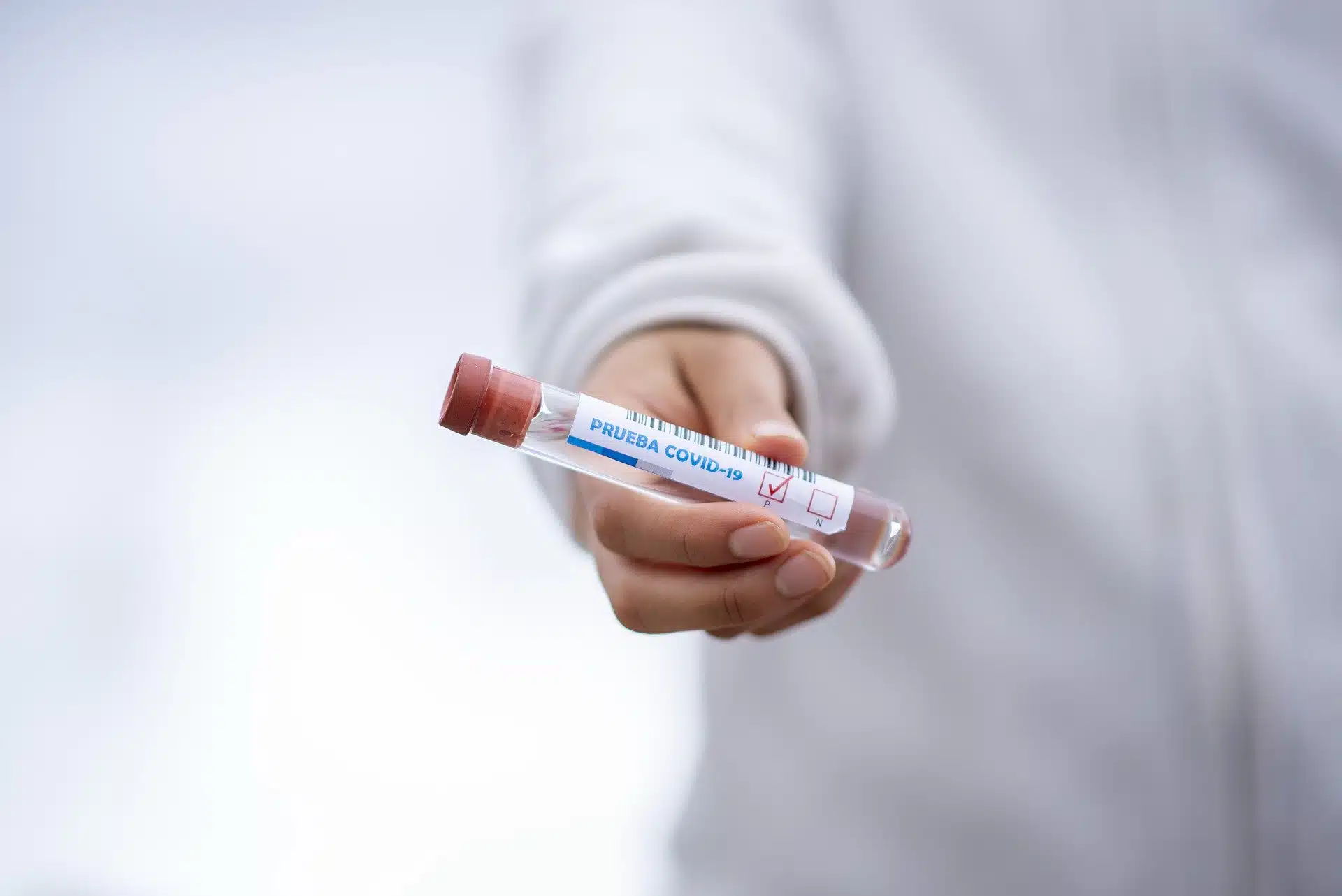Every day we produce a newsletter for 6000+ industry subscribers on aviation and Covid19. This is the lead story from today’s edition. You can subscribe by clicking here.
In a recent newsletter, we talked about the Canary Islands and their tourism reopening plans, which include digital passports, and incentives for passengers to test for Covid19 before they get to the islands.
Another destination, which is introducing testing for arriving passengers is Iceland, which hopes that the scheme will result in a modest recovery of the tourist season. Compared to 2019 when the island saw 1.1 million visitors, the 2020 total is expected to be at most 300k.
According to Bloomberg, Iceland has unveiled the details of its test on arrival programme, which will be starting from 15 June, with the tests being admistered by local pharmaceuticals company decode Genetics.
Anyone arriving will either have to have a certificate showing that they recently tested Covid19 negative, or they need to take a test at the airport. The alternative is to go into a two week quarantine.
For the first two weeks, the testing programme is being paid for by the Icelandic Government, but there are apparently calls for travellers to bear the cost (which Bloomberg says comes to $1.2 million for the two week period).
Only 500 tests a day possible
The original plan was that 1000 tests would be carried out a day, but based on hospital testing capacity this had to be scaled back to 500 a day – or five narrow body jets which are just over half full.
As a result, this is obviously very modest, although the results do come back same day and the tourist is able to wait in his / her hotel room.
By contrast, it is worth looking at what is happening in Hong Kong where there is mass testing capacity.
As journalist Laurel Chor wrote based on her experiences, this involves an 8+ hour wait in an exhibition call – hardly practical for any destination wanting to attract a large number of tourists.
Hong Kong takes 8+ hours with the ability to test thousands at once. Iceland takes around four, for 500 tests a day. Is there a more instantaneous solutuon?
Emirates tried this in April, when it trialled ten minute tests on passengers on a flight to Tunis from Dubai.
However, a month later, the Dubai Health Authority rejected the use of the pin prick blood tests when it was discovered that accuracy rates were as low as 30%.
Could £1 test kits be a way forward?
A £1 (US $1.27) rapid diagnostic test kit from the UK and Senegal could provide an answer.
The tests have been developed by by UK biotech form Mologic, in cooperation with the Pasteur Institute in Dakar.
Last month, Mologic announced independent validaiton of the tests by the Liverpool School of Tropical Medicine (LSTM) and St George’s, University of London, which showed 95%+accuracy.
Mologic subsequently announced a partnership with fellow biotech company BioSURE to make the kits. BioSURE is best known for making a consumer HIV self-test kit, which is 99% accuate.
BioSURE and Mologic say that the new The BioSURE COVID-19 Antibody Self-Test will be ready for mass production in June.
It will be available to the UK and global markets and will also be available to be directly purchased by end-consumers (we assume not at £1). Separately, Mologic announced the intention to produce 40 million test units on a non commercial basis for distribution in Africa and low income areas.
Do you have a solution or product that might benefit the aviation industry? The SimpliFlying Launchpad might be for you!


